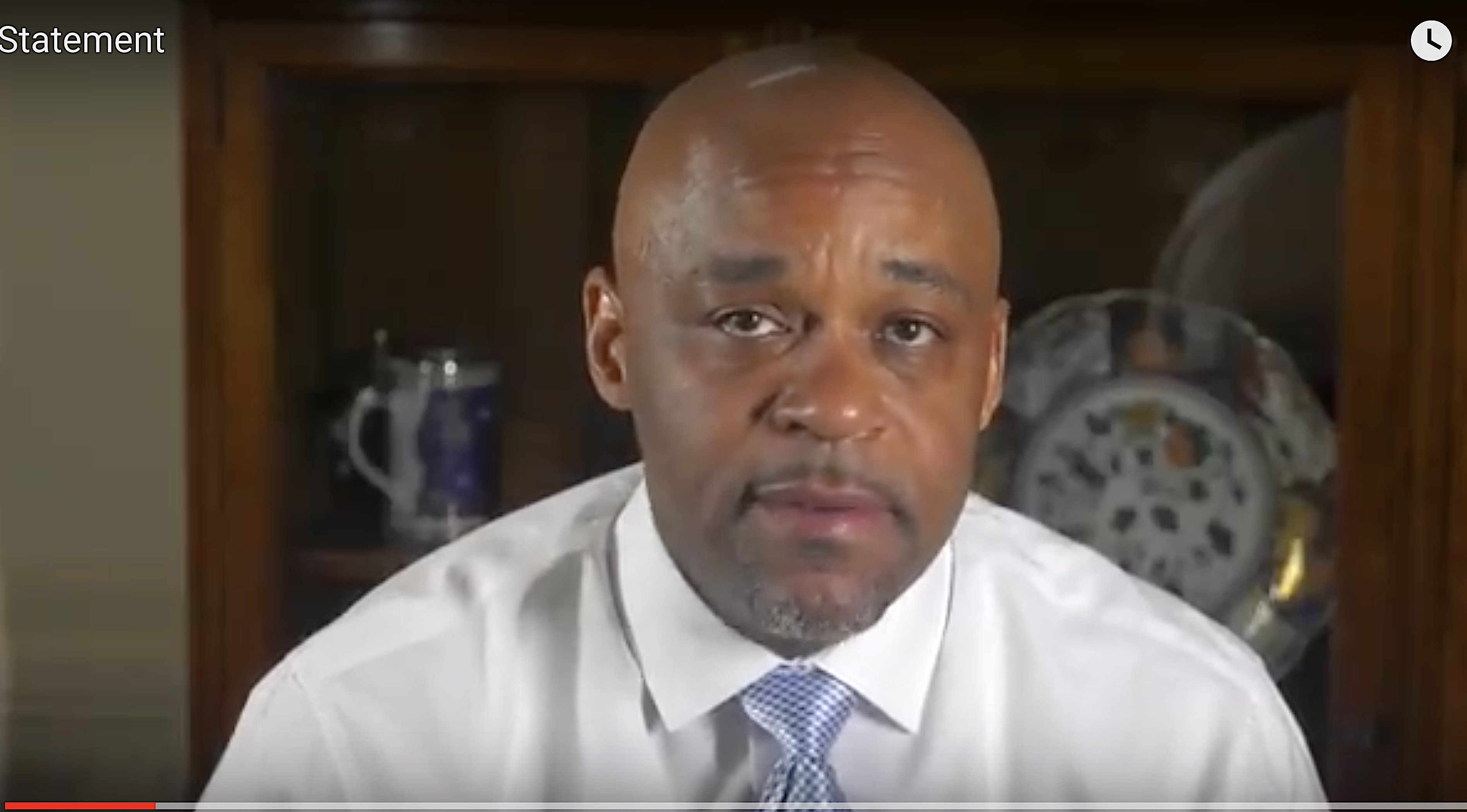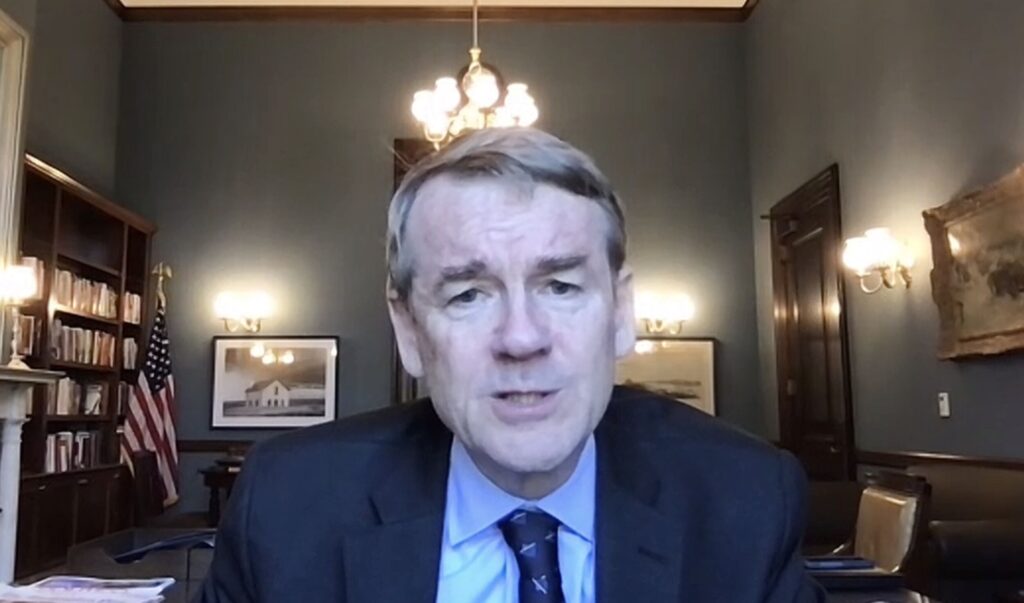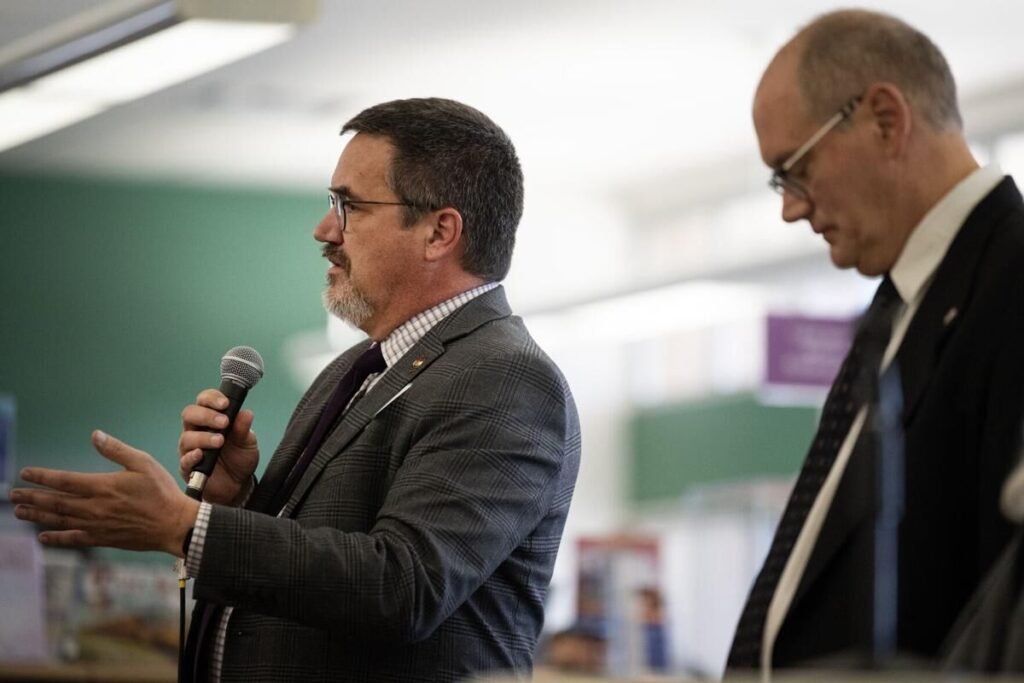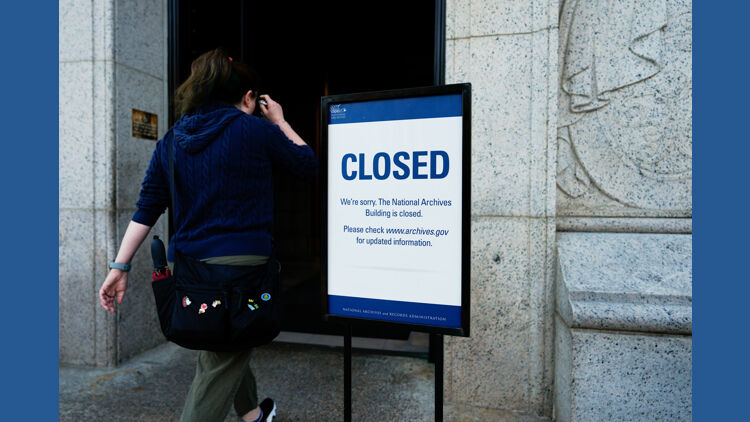Police union demands Denver Mayor Michael Hancock resign, calls for state investigation
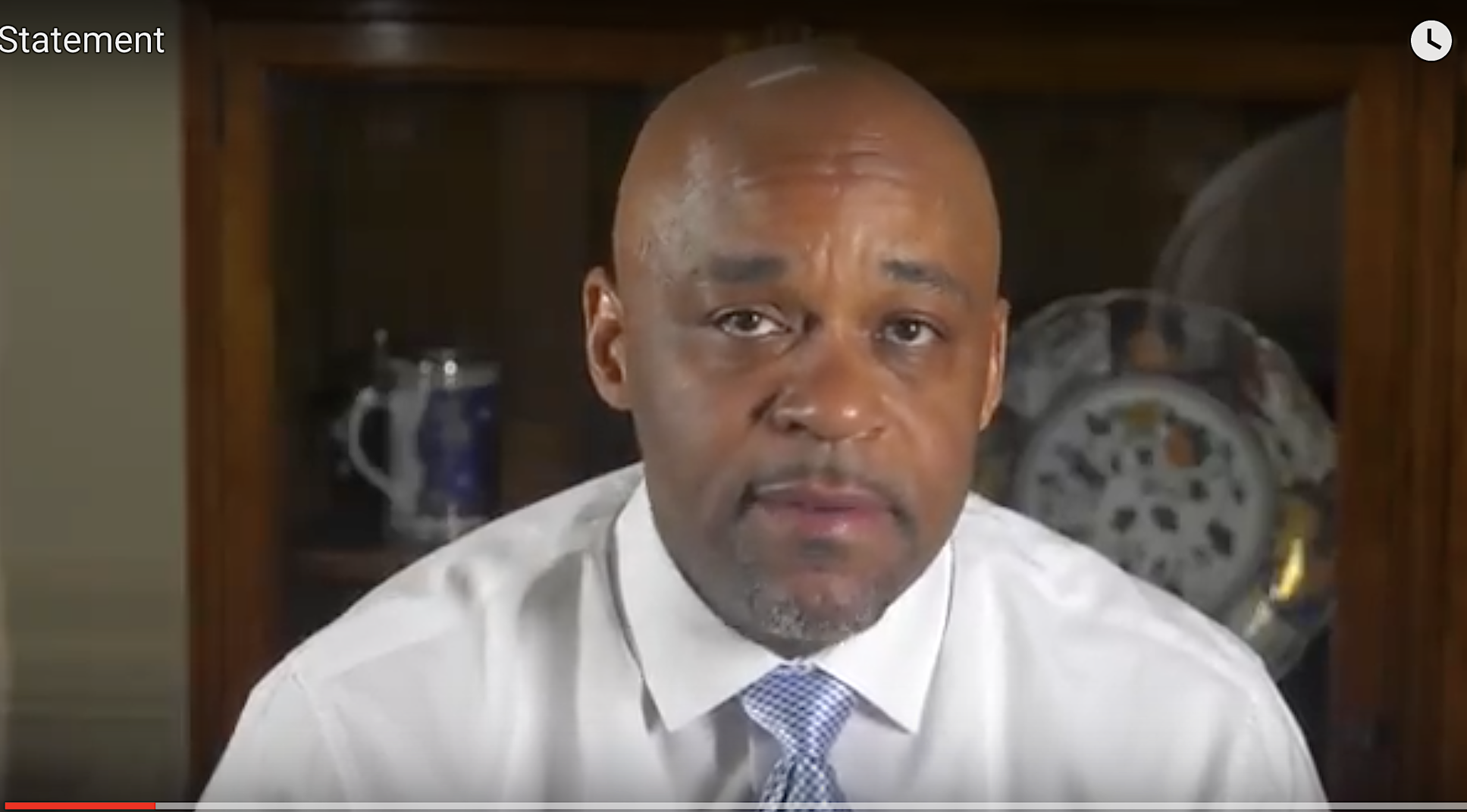
A spokeswoman for Denver Mayor Michael Hancock on Tuesday rejected a demand by the state’s largest police union that the mayor resign after a series of sexually suggestive text messages he sent years ago to a member of his security detail came to light last week.
Charging that Denver is facing rising crime rates and increased violence under the Hancock administration, the Colorado Fraternal Order of Police called on Colorado’s attorney general to launch an investigation into “an ongoing pattern of corruption and malfeasance” in the city’s public safety department, in addition to urging the mayor to step down.
“With the level of violence increasing against both citizens and law enforcement officers (both in Denver and statewide), the Fraternal Order of Police believes it is critical for Denver to change course toward ethical leadership that realistically recognizes the public safety challenges facing both the community and the officers who serve that community daily – often at great risk,” the union’s statewide president, Stephen Schulz, wrote in a six-page letter delivered to Gov. John Hickenlooper.
Spokeswomen for the governor and the attorney general, Cynthia Coffman, said their offices were reviewing the letter Tuesday.
Hickenlooper, a former mayor of Denver, however, told reporters it isn’t his job to ask Hancock to resign, and Jacque Montgomery, his press secretary, said the governor doubted he had the authority to order Coffman to launch the kind of investigation the union wants.
Hancock’s opponents have been ramping up pressure on the two-term mayor to step down in the wake of an apology he issued last week to Denver Police Detective Leslie Branch-Wise after she maintained in a TV interview he sexually harassed her in 2012 with text messages telling her how sexy she looked and suggesting she take up pole-dancing.
Community activists, including several longtime Hancock critics, plan to hold a rally at 9:30 a.m. Wednesday outside Denver’s City and County Building urging Hancock to resign.
“The mayor has abjectly failed in his duty of keeping the citizens of Denver safe and, as graphically illustrated by his abhorrent sexual harassment of a Denver Police Officer, providing ethical leadership,” Schulz wrote in the letter.
Amber Miller, Hancock’s communications director, maintained the police union’s letter to the governor amounted to “purely playing politics.”
“The mayor does not have any intention of resigning,” Miller told Colorado Politics. “He knows that he has disappointed people and he is committed to regaining the trust and faith of those he has hurt. But let’s be clear that the Fraternal Order of Police call for his resignation today is nothing but a political step from an organization that has been clearly opposed to this administration due to a number of reasons, primarily being the reform efforts of the leadership of this administration for our police department and our sheriff’s department. To use this as some opportunity to, one, insinuate that Denver is unsafe and two, to make this political is just wrong.”
Michael Violette, the union’s executive director, dismissed Miller’s complaint, telling Colorado Politics that the issues raised in the letter to Hickenlooper have been building for years.
“We’ve been rejected in our attempts to work with the city on issues that are important to people out there doing the jobs on the street every day,” Violette said in an interview. “We’ve been rejected at every attempt. Now we’ve got this latest issue of the mayor texting sexually harassing messages to a member of his security detail. It’s difficult to deal with someone who has ethics issues on top of everything else. Somebody needs to take a fresh look at this.”
The FOP, Colorado’s largest law enforcement officer union, represents sheriff’s deputies in Denver and a few hundred officers on the Denver Police Department but doesn’t represent most Denver cops. The Denver Police Protective Association last week called on Hancock to be held to account for the text messages, which were sent to one of its members.
